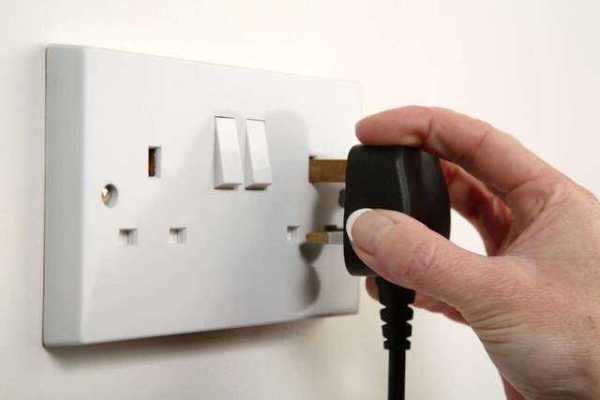
There won’t be a need to increase water and electricity tariffs to save water and energy consumption due to progress in reduction so far, said a UAE Energy Ministry official on Wednesday.
“Aggressive measures like increasing tariffs won’t be necessary as we have witnessed a lot of energy saving during the past three years,” said Mouza Al Neimi, Director of Productivity and Demand Management at the Ministry of Energy and Infrastructure. “So far, the focus is on behavioural change.”
After implementing ‘national demands side management’, CO2 reductions have dropped by almost 11.2 million tonnes, "which means we are going in the correct path".
She said retrofitting of buildings and equipment have contributed to that reduction and will continue to be the focus of the ministry’s nationwide plans.
The ministry is also focusing on ensuring that electric vehicles (EVs) account for 50 per cent of all vehicles on UAE roads by 2050. Additionally, the government fleet is set to transition entirely to electric vehicles by 2030. Currently, electric vehicles constitute 3 per cent of all vehicles in the UAE, which the director described as "one of the highest percentages worldwide, compared to larger countries where EVs barely make up 1.5 per cent of the total”.
Al Neimi was speaking at the World Future Energy Summit during the unveiling of major energy and water conservation projects worth around half a billion dirhams for network rehabilitation across the Northern Emirates, by Etihad Water and Electricity (EtihadWE).
Out of the Dh465 million budget, Dh214 million is specifically allocated for network replacement in Ras Al Khaimah. To date, more than Dh180 million has been invested in the smart meter project within the emirate. Plans include installing 120 electric vehicle fast chargers in RAK over the next five years, with plans to extend to approximately 1,000 chargers across various parts of the UAE by 2030. The emirate currently hosts around 20 fast EV chargers.
"The resolutions call for a 30 per cent reduction in electricity consumption and a 20 per cent reduction in both water and fuel usage by 2030," saidYousif Al Ali, CEO of EtihadWE.
Furthermore, EtihadWE has successfully completed the replacement of approximately 42 kilometres of ageing pipelines with newer, more efficient technology including SmartBall and acoustic inspection tools, as well as installing 213,000 Advanced Metering Infrastructure (AMI) smart meters, enabling more accurate monitoring and timely repair of issues like water leakage.
RAK municipal and public service officials also shared several reduction initiatives and achievements. Raed Hilles, director of strategy and development at the emirate’s public services department said they have achieved 25 per cent reduction in fuel usage across its fleet of 1,000 light, heavy, and earth-moving vehicles.
“This was accomplished by optimising routes for garbage collection and using smart sensors in garbage bins to notify collection vehicles only when the bins are full, to eliminate unnecessary trips and stops.”
Additionally, electricity costs across the department’s four main buildings and 40 facilities have dropped by eight per cent due to retrofitting initiatives and the application of smart technologies. Water-power bills have also dropped by 15 per cent through measures such as remote monitoring systems for pumping stations, which allow for quick resolutions for issues like clogging in storage tanks.
Furthermore, the department is introducing a refuse-derived fuel (RDF) plant, which compresses waste into cubes that release caloric value, which cement factories can utilise as a cost-effective alternative to traditional fuels.
“There has been a 23.5 per cent reduction in power consumption across 300 (RAK) government buildings through retrofitting and behavioural adjustments,” said Andrea Di Gregorio, Executive Director of Energy Efficiency and Renewables at RAK Municipality.
“The combination of measures include switching off the air-conditioning when certain rooms are not in use, setting room temperatures at a certain value during the day and night,” he explained.
The construction of 3,500 newly constructed buildings in the emirate designed with energy-saving features has been completed, which will contribute to further conservation, he added.